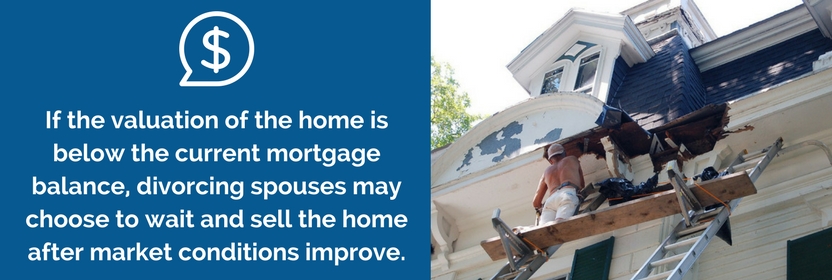
In California divorce cases, the court usually considers many different factors, as they are instructed to do by the California Family Code Section 4336. They will look at many different things, one of which being the length of the marriage. They will rely, to some extent, on the ten-year rule when determining the length of time a person should receive alimony, or spousal support. What is the Ten-Year Rule? How does it affect the outcome of California divorce rulings? Can a spousal support law firm help?
Basics of the Ten-Year Rule
The ten-year rule in California affects the classification of a marriage during divorce proceedings. If you have been married for more than ten years, you are considered to have been in a “marriage of long duration.” Alimony is California is intended to support a spouse who has been out of the workforce for a significant period of time, and who cannot be self-sustaining without the support of the other person. The person receiving alimony is expected to work towards being self-sufficient, and to achieve that goal at some point in the future. If you have been in a marriage of long duration, you may be eligible for ongoing support for a longer period of time, according to our spousal support lawyers.
Why is that Important?
There are always extenuating circumstances, but generally speaking, if you have been married for less than ten years, spousal support is typically award for no longer than a period of half the marriage term. So, when a six-year marriage that dissolves, spousal support should not be expected to last longer than three years. This is considered a reasonable amount of time for the person receiving support to get back into the workforce, and to have the ability to support themselves.
What Changes After Ten Years?
If your marriage has lasted long than ten years before the divorce proceedings begin, the length of time the spousal support continues may be affected. The court is not allowed to set a definite termination date, at the time of the trial, to end alimony payments in a case that involves a marriage of long duration. Remember, this does not mean lifetime spousal support, but it may be possible for support to be awarded for longer than half the time of the marriage.
Lifetime Spousal Support
It is important to keep in mind that there is no lifetime spousal support in California. Although the ten-year rule will keep courts from setting a specific end date for spousal support, that does not mean that lifetime support is guaranteed. That is a common misconception. In some circumstances, the court may decide that the person receiving support will never be able to be self-sufficient without the financial help of the other person. But, in most cases, support orders will be discontinued or amended as circumstances change.
A Word of Warning
Do not assume that if you have been involved in a marriage of long duration, according to the ten-year rule, that you will get lifetime support, or even longer than half the marriage. Remember that this is just one of the factors that will be examined during the course of the divorce proceedings. The judge will consider all circumstances when making a finding for spousal support.
For more information, speak to our spousal support attorneys today.





